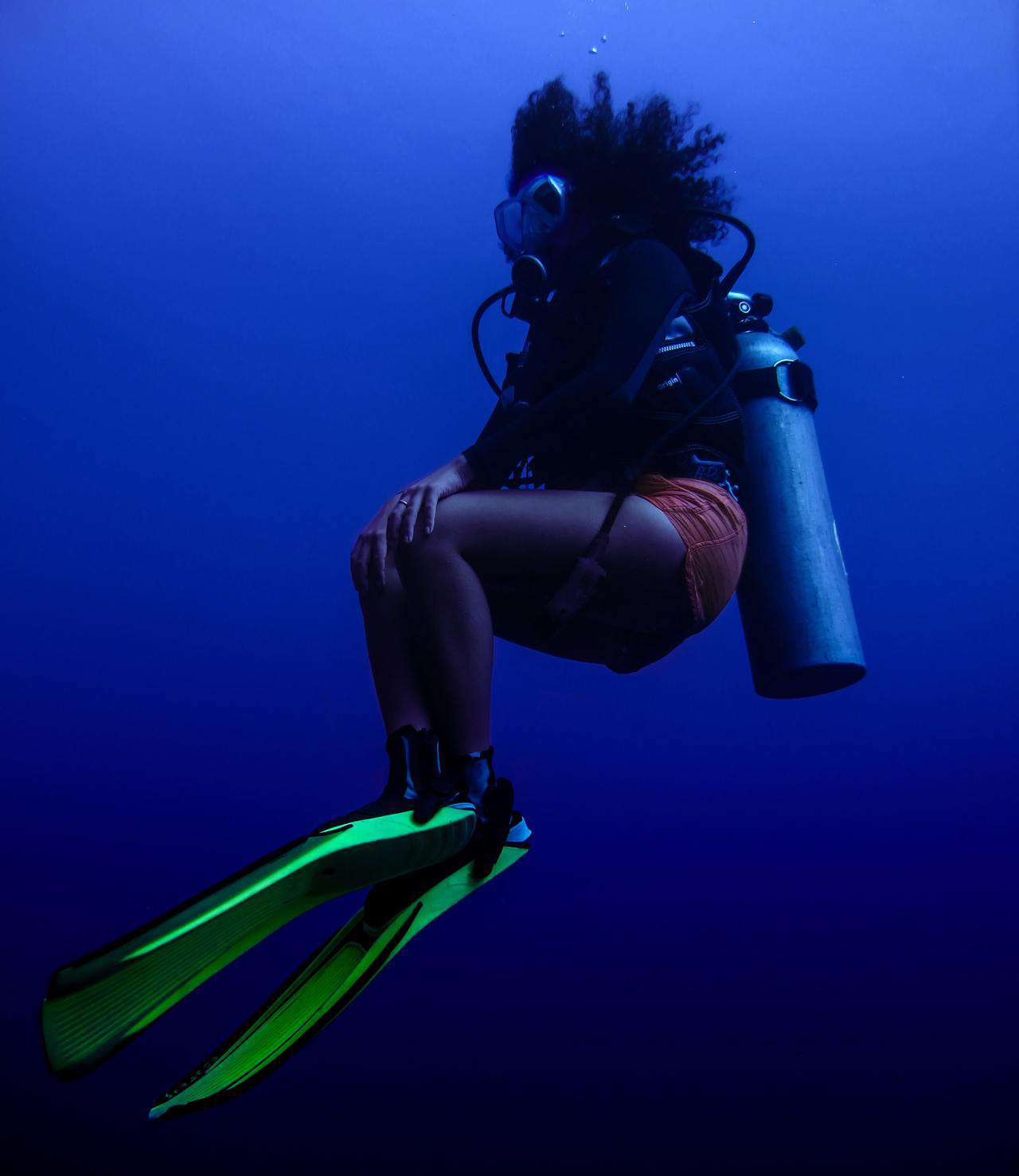Kidney stones are quite common and can be extremely painful.
If you’re unlikely enough to suffer from them, that’s bad enough, but you wouldn’t want your favorite activity to be restricted as well.
Luckily, you can go scuba diving if you have had kidney stones previously.
It’s just not recommended if you have a current problem.
This article will look at what kidney stones are, how they’re treated and prevented, and explain how stones can affect the scuba diver.
- What Are Kidney Stones?
- What Causes Kidney Stones?
- How Common Are Kidney Stones?
- How Are Kidney Stones Treated?
- How Are Kidney Stones Prevented?
- Kidney Stones and Scuba Diving
- Conclusion
- You Might Also Like…
What Are Kidney Stones?
A kidney stone is a solid object that forms inside the kidney from the solidification of some of the chemicals found in urine.
These chemicals can form crystals in the kidney, but are usually washed out with the urine without causing any problems.
Unfortunately, under certain circumstances, these crystals can gather and form a solid object or “stone.”
Small stones may pass out of the body with little or no pain, but large stones can become trapped, causing a urine blockage and are very painful.
What Causes Kidney Stones?
The most common kidney stones are caused by not drinking enough water, making the urine too concentrated.
Other general causes can include:
- Too much or too little exercise.
- Obesity.
- A diet high in salt or sugar.
- A diet high in red or organ meats.
- Upper urinary tract infections.
- Hereditary conditions.
There are four main kinds of stones, and their different causes can be broken down accordingly:
- Calcium Oxalate Stones.
- The most common type.
- Formed from calcium and oxalate.
- Usually caused by low calcium or water intake.
- Uric Acid Stones.
- Also common.
- Caused by consuming foods with high purine levels, which increases the production of monosodium urate.
- High purine containing foods include organ meats and shellfish.
- Tend to be hereditary.
- Struvite Stones.
- Less common.
- Caused by upper urinary tract infections.
- Cystine
- Rare.
- Usually hereditary.
- Caused by an uncommon disease called “cystinuria.”
It is usually impossible to diagnose the type and, accordingly, the cause unless the stone is passed or removed and then analyzed by doctors.
How Common Are Kidney Stones?
Suffering from Kidney stones is perhaps more common than you might think.
The National Kidney Foundation says that one in ten people in the United States will have a kidney stone in their lifetime.
“Each year, more than half a million people go to emergency rooms for kidney stone problems.
The prevalence of kidney stones in the United States increased from 3.8% in the late 1970s to 8.8% in the late 2000s.”
With approximately 3 million active scuba divers in the United States, many of them will likely experience kidney stones during their diving careers.
How Are Kidney Stones Treated?
Initially, most patients are asked to significantly increase their water intake and take anti-inflammatory drugs to assist the passing of smaller stones.
If the stone is stuck and creating a urine blockage and pain, then several medical options are available:
Lithotripsy Ultrasound
Ultrasound “shock-waves” are used to smash the stones into smaller pieces that can then be passed when the patient urinates.
Lithotripsy has the advantage of being non-invasive, so it is considered to be low risk.
Ureteroscopy
An endoscope tube can be inserted through the urinary tract to the kidney and used to examine and dislodge, or break up the stone, which can then be passed.
This treatment is generally used if lithotripsy has failed to be effective.
Surgery
On rare occasions where the stone is exceptionally large or the other, less invasive methods have failed, then surgery may be necessary to remove the stone physically.
Generally, this will be left as a last resort due to the higher risks involved.
How Are Kidney Stones Prevented?
Whether having suffered from kidney stones before or just looking to prevent them, the first piece of advice is always to make sure you drink plenty of water.
Drinking water as your primary liquid intake will help to keep your urine diluted and prevent stone formation.
Particular attention to remaining well hydrated should be taken when exercising, including when scuba diving.
Further dietary advice will depend on the type of stone that has been experienced and so should be discussed with your doctor.
Eating more fruit and vegetables is always a good recommendation.
The kind recommended specifically may depend on the type of stone that has been diagnosed.
Fruit and vegetables are generally lower in uric acid, one of the chemicals found to cause stone formation.
However, beets and spinach are high in oxalate, which could contribute to calcium oxalate stone production.
A diet low in salt and sugar is also recommended, as is a reasonable level of exercise.
Obesity generally increases the risk of kidney stones, along with contributing to many other serious health problems.
Maintaining good general health and addressing any doctor-recommended dietary concerts can significantly reduce or prevent stone recurrence.
Kidney Stones and Scuba Diving
Scuba diving requires the diver to be in good general health and fitness to be safe.
Some medical conditions can potentially stop you from scuba diving.
The Undersea and Hyperbaric Medical Society (UHMS) regards impaired kidney function (Renal insufficiency) as a “Relative Risk Condition” for scuba diving.
This means that to be safe, someone who has kidney problems should be checked by their doctor before diving.
Doctors generally regard a current kidney stone problem as a medical reason not to scuba dive.
There is a risk that impaired kidney function can be dangerous or made worse when scuba diving.
The regular hydration changes that occur when diving could exacerbate the kidney stone problem and bring on sudden intense pain.
Pain caused by the kidney stone could be confused with decompression sickness (DCS) symptoms or vice versa, leading to potentially one or the other being dismissed if the diver has a problem.
It’s especially important in a scuba diving context that one particular injury or illness is not assumed to cause the divers symptoms.
This could potentially delay them from receiving the correct treatment.
A full medical evaluation is required under these circumstances to check the patient thoroughly.
Fortunately, the Divers Alert Network (DAN) advises that scuba diving is possible once kidney stones have been treated and cleared.
“…if you have no troublemaking stones left in your kidney, there is no reason why you cannot continue diving as long as you continue to remain under the required medical supervision to prevent recurrences.”
So, while a diver should still receive their own medical confirmation, they should be fine to dive so long as the kidney stones have cleared.
Conclusion
Kidney stones are a very painful complaint that could ruin the pleasure of scuba diving and be dangerous to the diver.
Fortunately, if you’ve been treated and the stones have cleared, you should be able to scuba dive.
Remember to consult your doctor for their clearance and to answer any concerns.
You Might Also Like…
-

How Do Scuba Divers Drink Water? 5 Possible Ways (+7 Tips)
-

How Long Can Scuba Divers Stay Underwater? (+9 Limiting Factors)
-
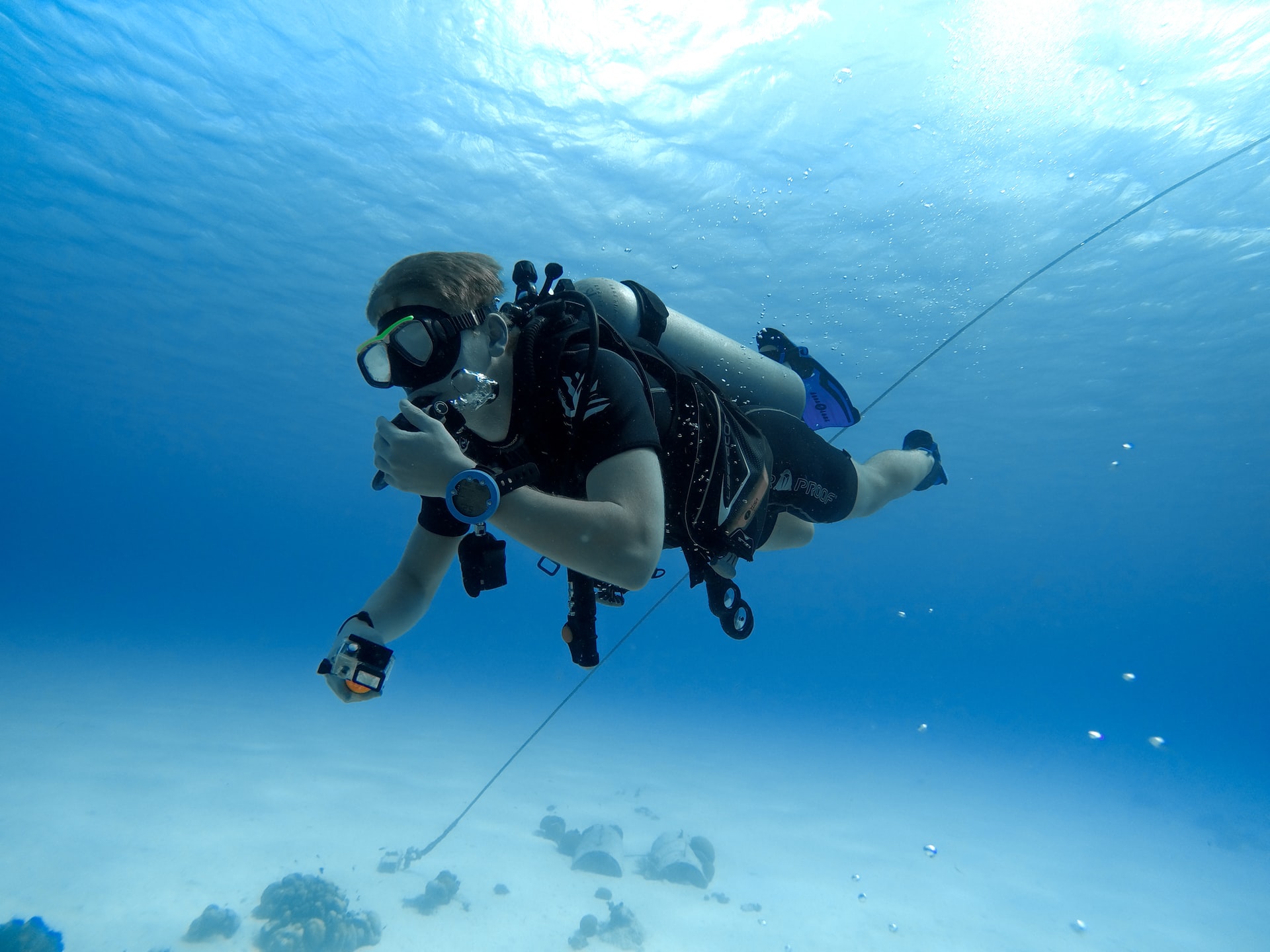
Are Scuba Divers Athletes? All the Facts (+New Competitive Forms)
-

Are Sharks Scared of Scuba Divers? (What Every Diver Must Know)
-
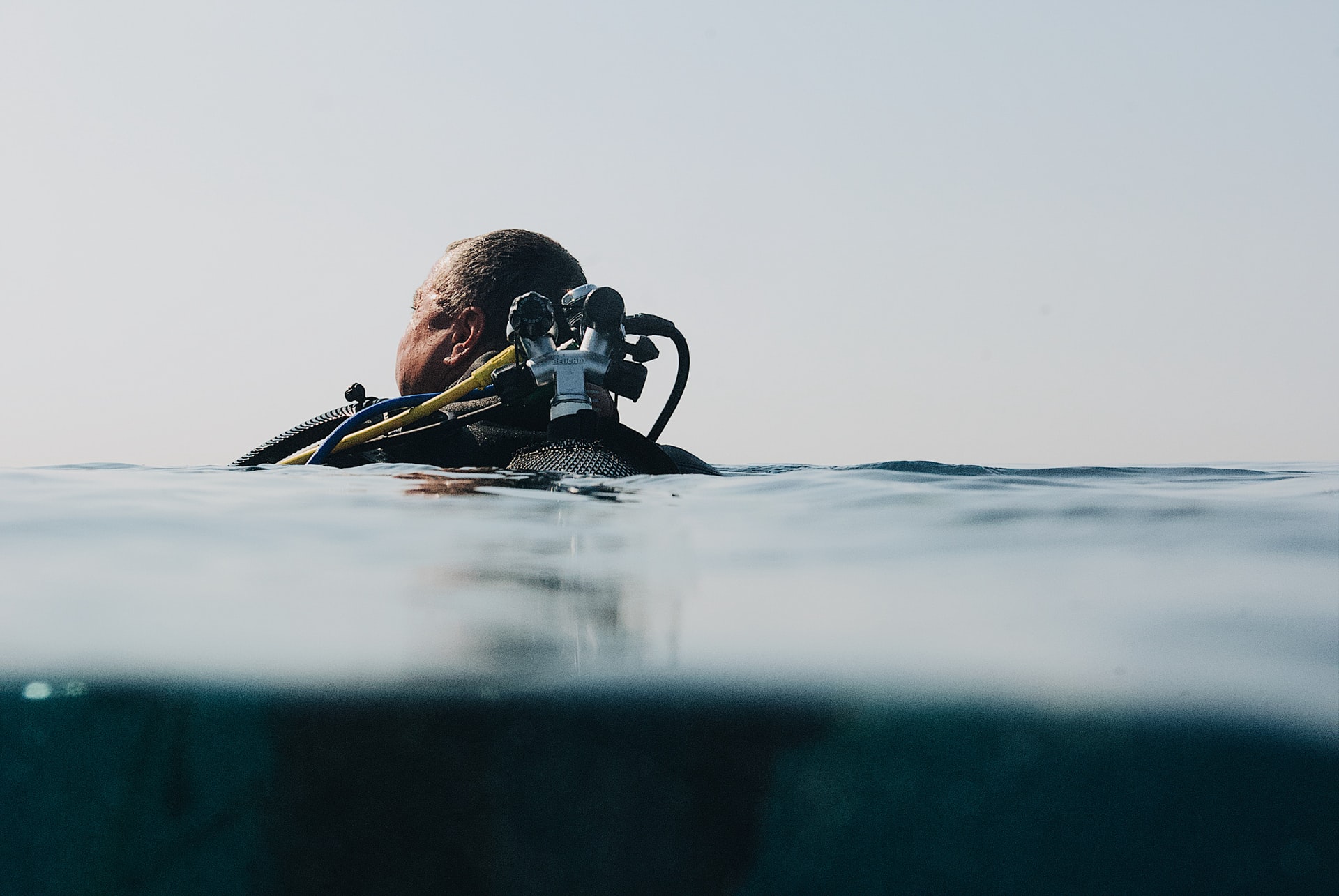
Who Should Not Scuba Dive? 17 Reasons (Every Diver Should Know)
-
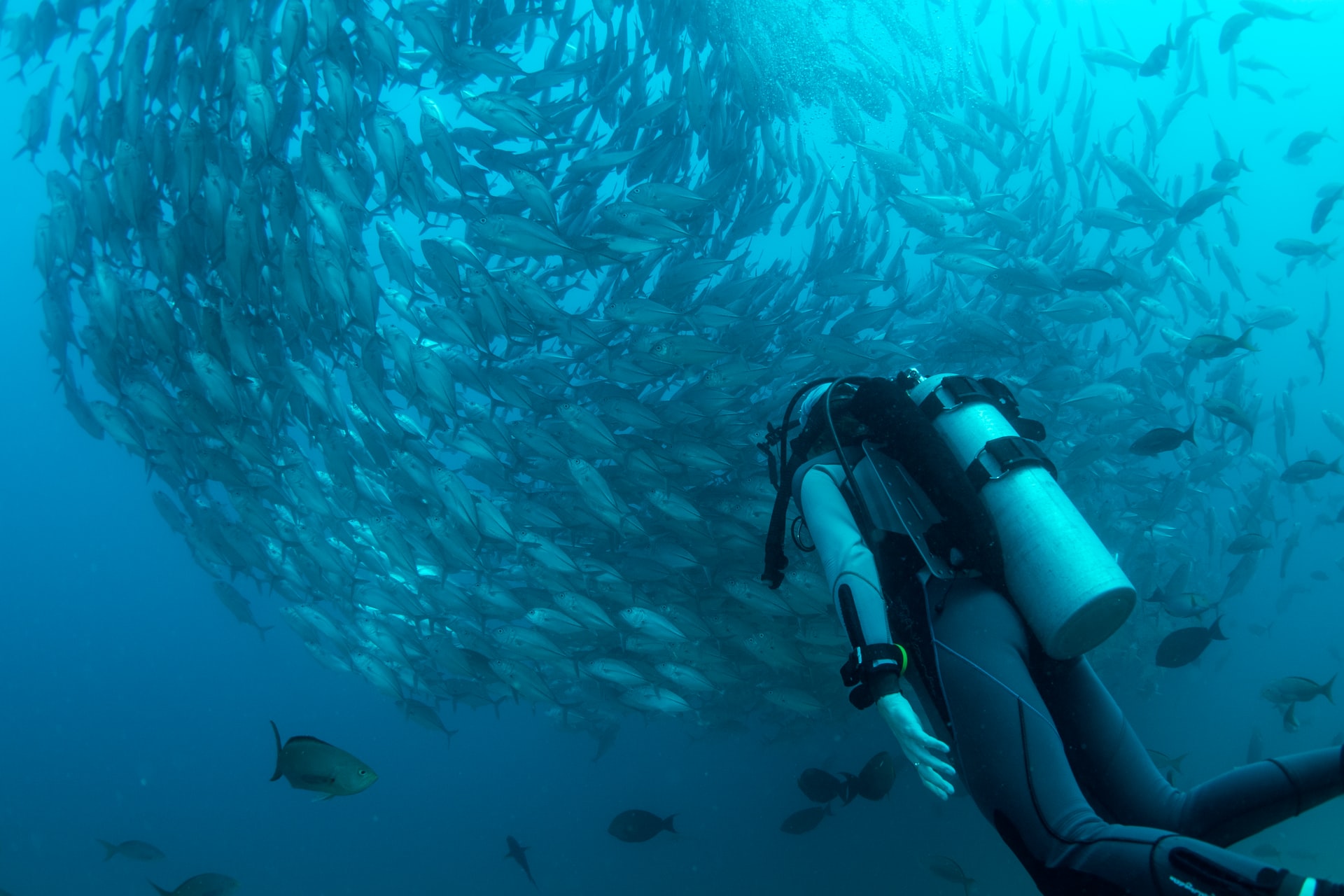
Should I Be Scared of Scuba Diving? 8 Common Fears (Debunked)
-
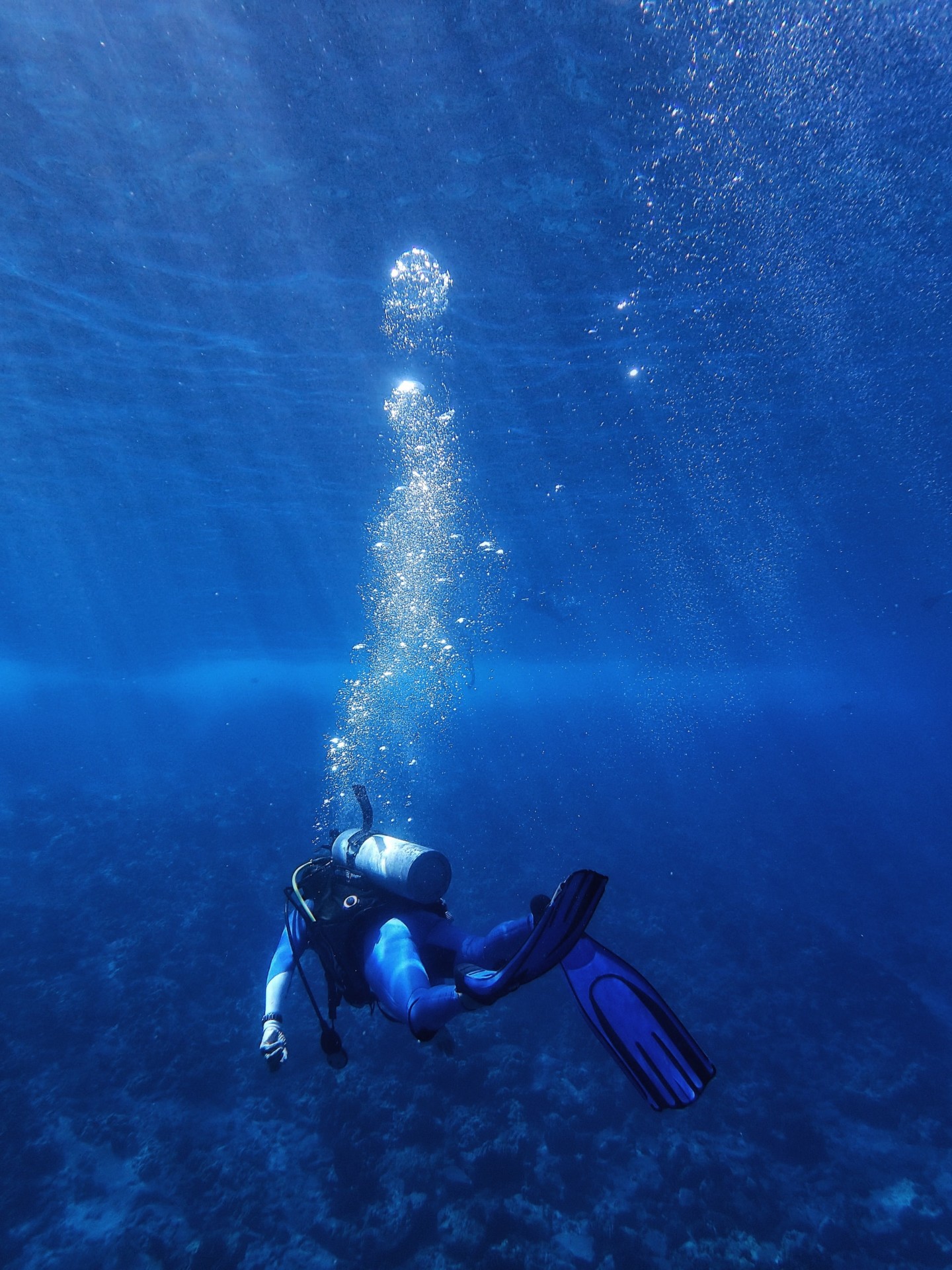
Why Do Scuba Divers Use More Air at Depth? (+4 Practical Tips)
-
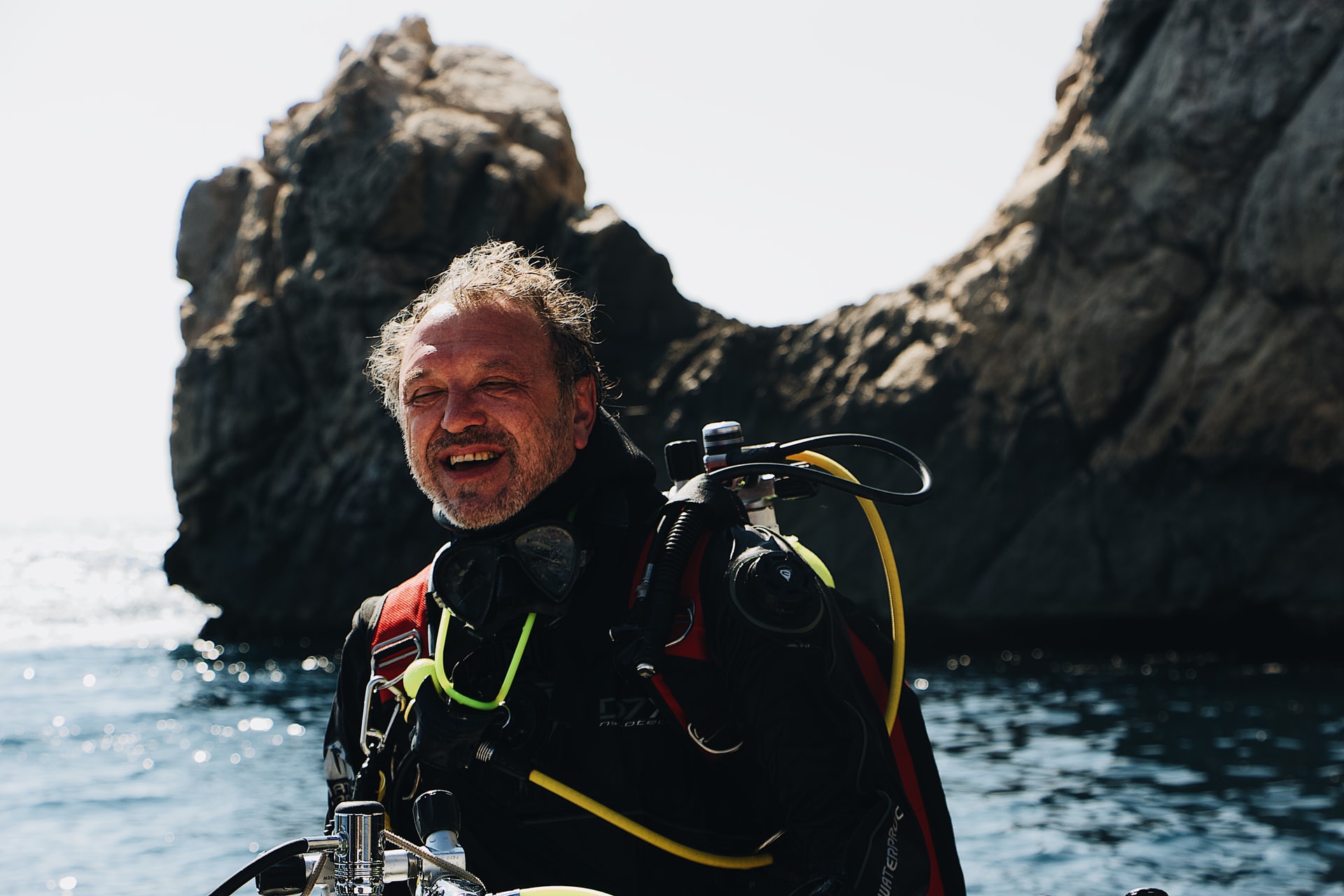
At What Age Should You Stop Scuba Diving? (+9 Tips for Older Divers)
-
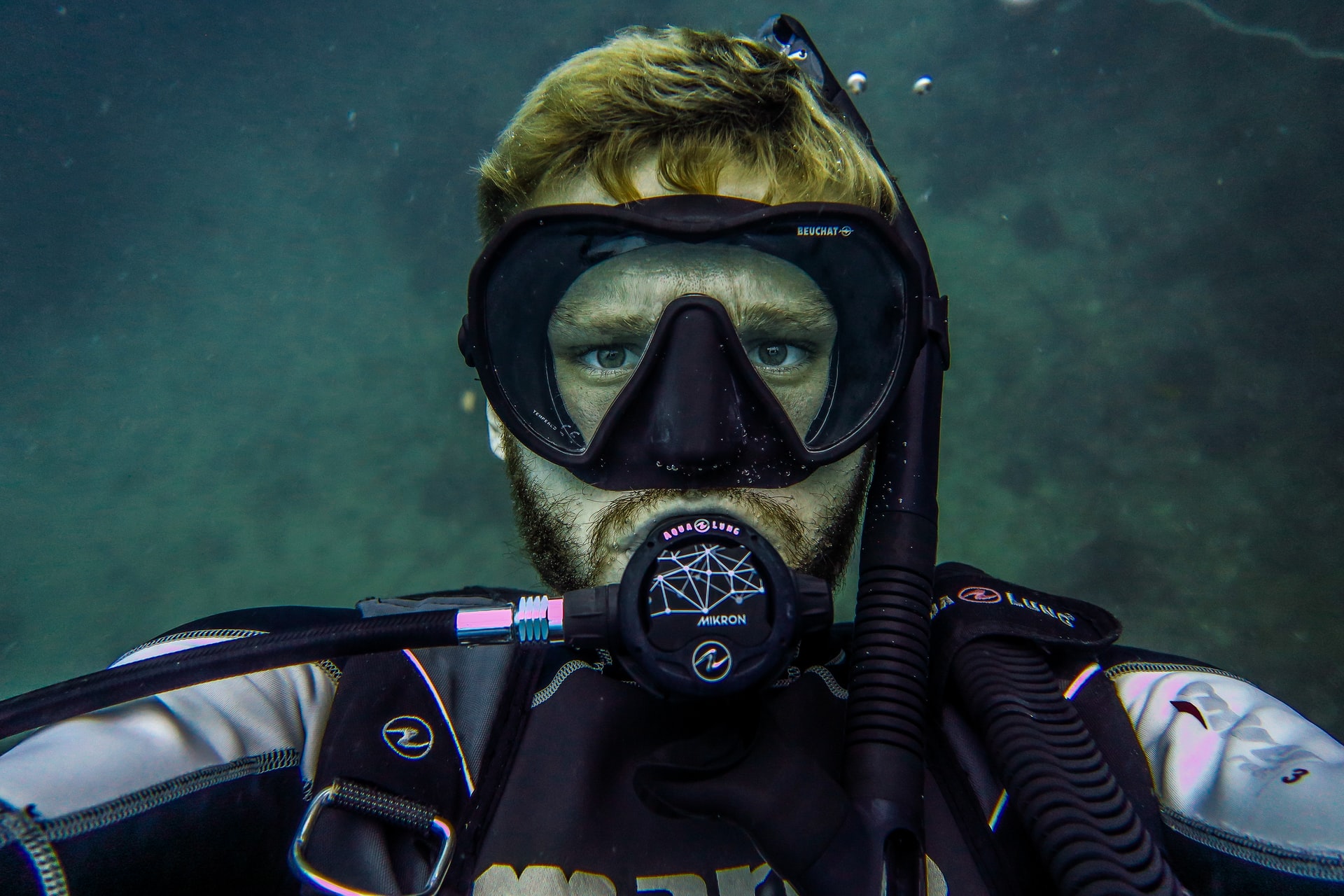
Should I Shave Before Scuba Diving? Crucial Facts (+9 Helpful Tips)
-
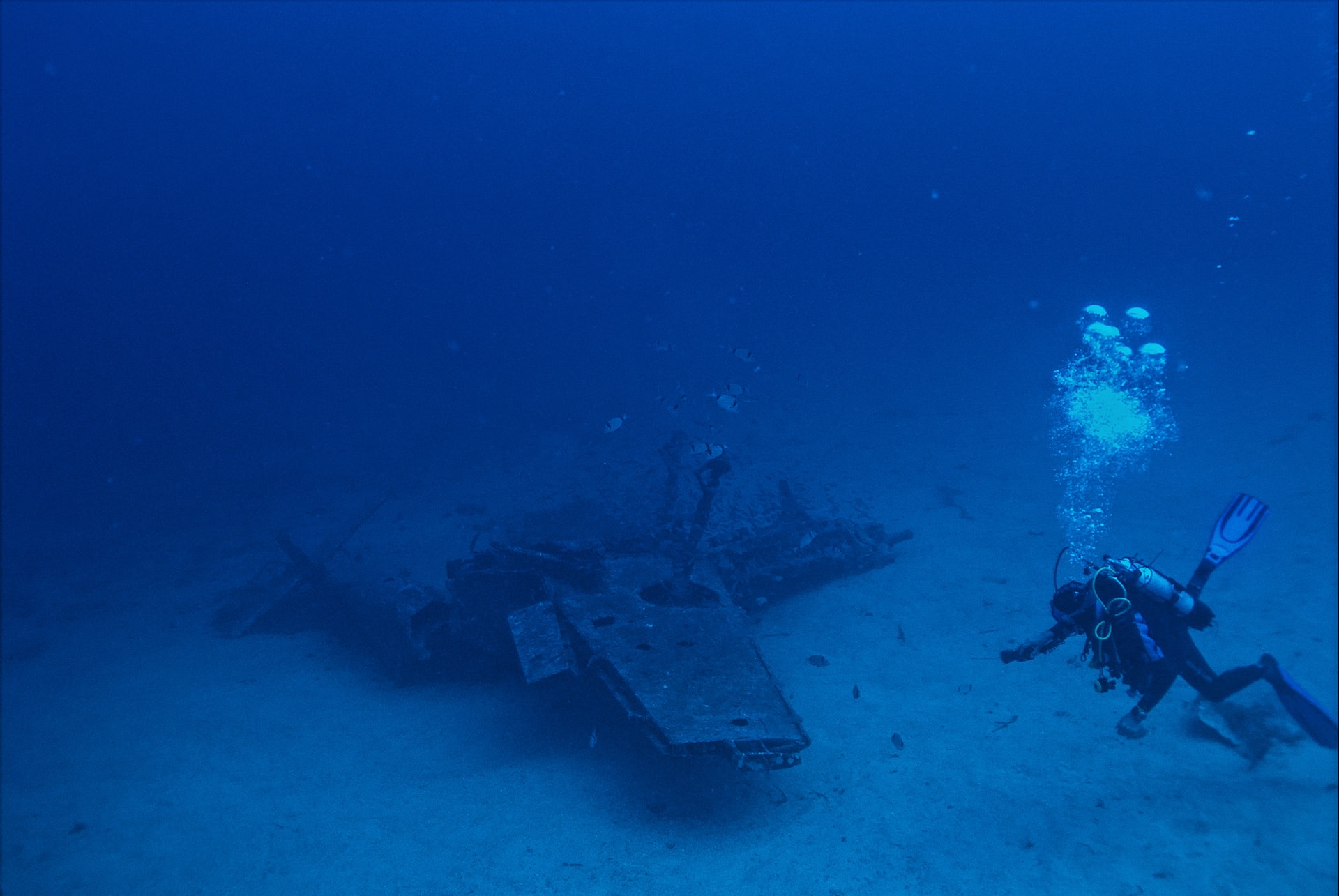
Why Do Scuba Divers Use Helium? (+Its Pros & Cons)
-
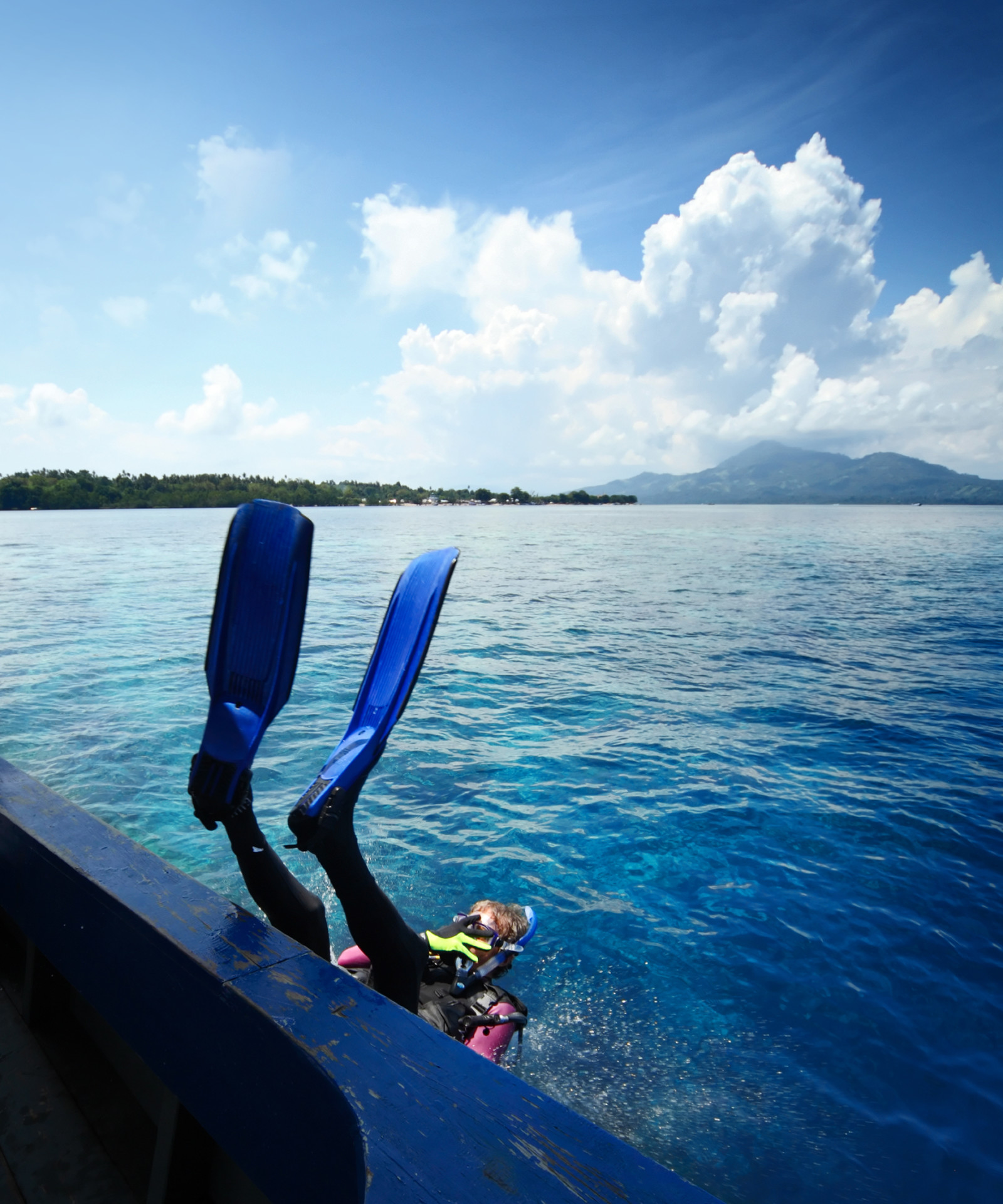
Why Do Scuba Divers Go in Backwards? (+3 Alternative Entries)
-
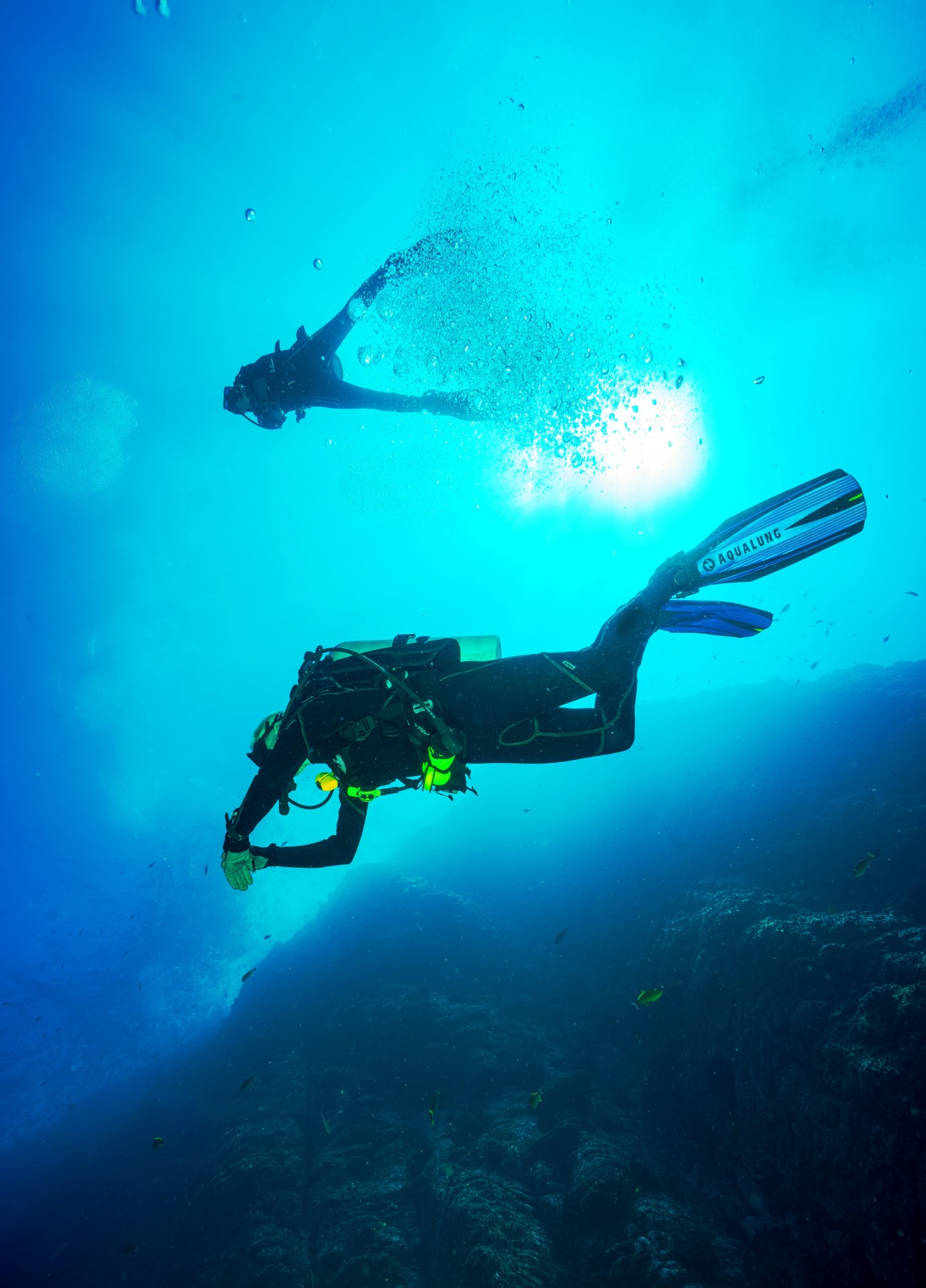
How Do Scuba Divers Sink and Float? (+Tips to Get It Right)

